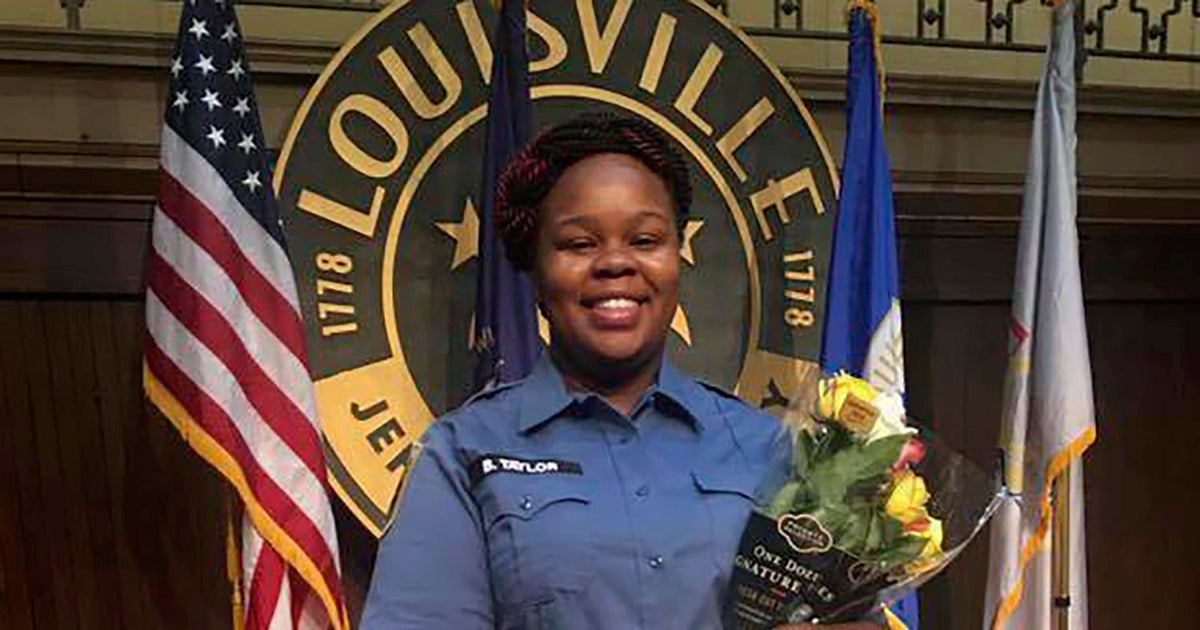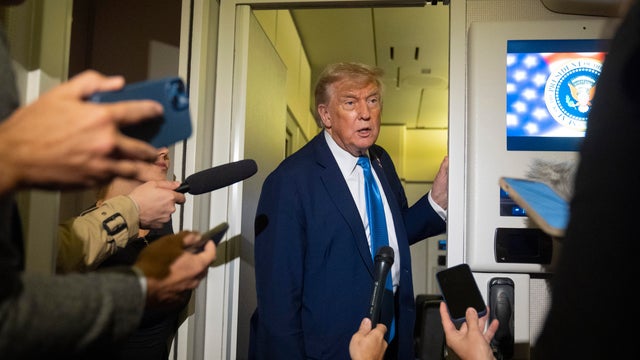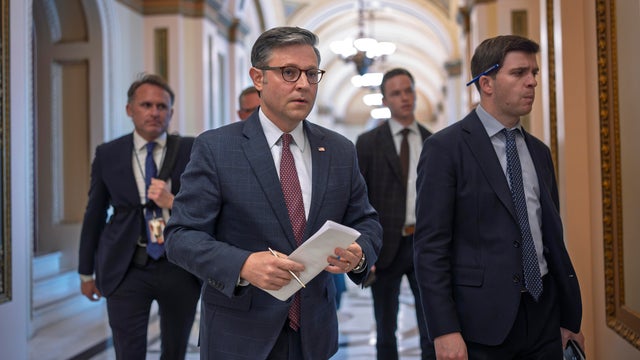

No response returned

, a former Kentucky police officer who was convicted in the death of a 26-year-old emergency medical technician, was sentenced on Monday to 33 months in prison.
Taylor was shot and killed on March 13, 2020, during a botched drug raid authorized by the Louisville Metro Police Department. A Louisville detective at the time, Hankison, 46, was found guilty last November of violating Taylor's civil rights while executing a search warrant on her home, which resulted in the tragedy.
Hankison will not report directly to prison, with U.S. District Judge Rebecca Grady Jennings saying at Monday's sentencing hearing that the Bureau of Prisons will decide when his sentence begins, according to the Associated Press. His prison sentence will be followed by three years of supervised probation.
The Justice Department requested in a sentencing memo following Hankison's conviction that he be sentenced with time served, which would be , followed by three years of supervised release. Jennings said at the sentencing hearing that a sentence of no prison time for Hankison "is not appropriate," according to The Associated Press.
Jennings criticized the Justice Department's sentencing memo, calling it "incongruous and inappropriate" and saying the department treated Hankison's actions a "an inconsequential crime," AP reported.
The sentence hearing drew a crowd outside the federal courthouse in downtown Louisville, and at least four people, including Taylor's aunt, Bianca Austin, were detained Monday afternoon, reported.
Police said individuals were "creating confrontation, kicking vehicles" and "creating an unsafe environment." It wasn't immediately clear what charges would be filed.
There were also protesters when a federal jury in Louisville convicted Hankison on one count of civil rights abuse last year. He was accused of depriving Taylor of her constitutional rights when he, separate from other officers with him at the scene, used excessive force to fire multiple shots through a sliding glass door and window on the side of her building, despite both being covered by blinds and curtains.
The jury found that Hankison used a dangerous weapon when he committed the offense and that his actions involved an attempt to kill, although the shots he fired did not strike Taylor, the U.S. Department of Justice said after his conviction. He initially faced a second count for allegedly depriving Taylor's neighbors of their constitutional rights, as his bullets pierced through the walls and narrowly missed a family of three in the adjacent apartment, but jurors found him not guilty on that charge.
Hankison had pleaded not guilty to each of the charges.
Civil rights attorney Ben Crump, who represents Taylor's family, had called the Justice Department's request for minimal sentencing was "an insult to the life of Breonna Taylor and a blatant betrayal of the jury's decision."
"This sets a dangerous precedent," Crump said in a statement responding to the memo. "When a police officer is found guilty of violating someone's constitutional rights, there must be real accountability and justice. Recommending just one day in prison sends the unmistakable message that white officers can violate the civil rights of Black Americans with near-total impunity."
Taylor's death sparked a national outcry and contributed significantly to a period of public reckoning that followed over what critics said was systemic racial injustice and police brutality in the U.S. After she was killed, police found no evidence of narcotics inside her home.
Evidence presented during Hankison's trial showed that he and two colleagues, former Louisville officers Jonathan Mattingly and Myles Cosgrove, arrived at Taylor's home at 12:45 a.m. on the night of the fatal shooting, while she and her boyfriend, Kenneth Walker, were asleep. Believing intruders were breaking into the residence, Walker fired one shot from his own gun toward the officers he had mistaken for civilian trespassers. The shot wounded Mattingly and prompted all three officers to open fire into the apartment.
Two other Louisville officers, former detective Joshua Jaynes and former Sgt. Kyle Meany, also face charges over Taylor's death. Jaynes and Meany are charged with federal civil rights offenses and obstruction of justice for their involvement in the preparing and authorizing an affidavit for the search warrant that ultimately led to the shooting.
Another former Louisville officer, Kelly Goodlett, has pleaded guilty to one count of conspiracy for helping Jaynes and Meany obtain the warrant. Trials for Jaynes and Meany have yet to take place.





